Assessment
Assessment is the process of evaluating or assessing your learning. Sometimes it will involve consideration of work in progress, while at others it concentrates on work which you have completed and submitted as assessment requirements for each unit of study.
The University assesses you through the coursework that you produce as you complete each unit. Each unit will require that you present a portfolio of work which may include finished pieces of work, written work, your research, and a reflective journal which allows you to evaluate your learning and highlight your strengths and areas for further development.
There are two types of assessment that you will receive while on your course:
- Formative assessment is the process whereby your work and progress are assessed at regular intervals with accompanying feedback from staff in order to help to improve your performance. Staff will provide you with feedback on the progress of your work before you reach the assessment point at the end of the unit. This may take place one-to-one with a tutor (eg in a tutorial) or in group sessions.
- Summative assessment is the process whereby your work is evaluated and given a mark at the end of course unit. Summative assessment formally records your achievement of the unit’s learning outcomes.
At the start of each unit the tutors will explain what you will learn and how we will test your learning through assessment. This information will also be provided on the Virtual Learning Environment (VLE). As the unit progresses, you will be given formal and informal opportunities to receive feedback on your progress. These opportunities may include:
- Group reviews or critiques (crits)
- Self-evaluation and peer evaluation
- Group and individual tutorials
At the end of the unit you will submit work for assessment and receive written feedback and a grade to help you understand what you’ve done well and what areas to work on for the next assignment. Generally, you will be assessed on course work which might include portfolios, essays, reports, and evaluations. Sometimes you may be assessed on group or individual presentations, and/or performances, depending on your course.
You will be assessed against the approved unit learning outcomes and assessment requirements, as outlined in the Unit Handbooks for your course. Unit handbooks guide you through the specific areas of work in which you will be engaged in order to produce the work required for assessment and successfully achieve the unit learning outcomes.
Discover our coursesExplore more
-
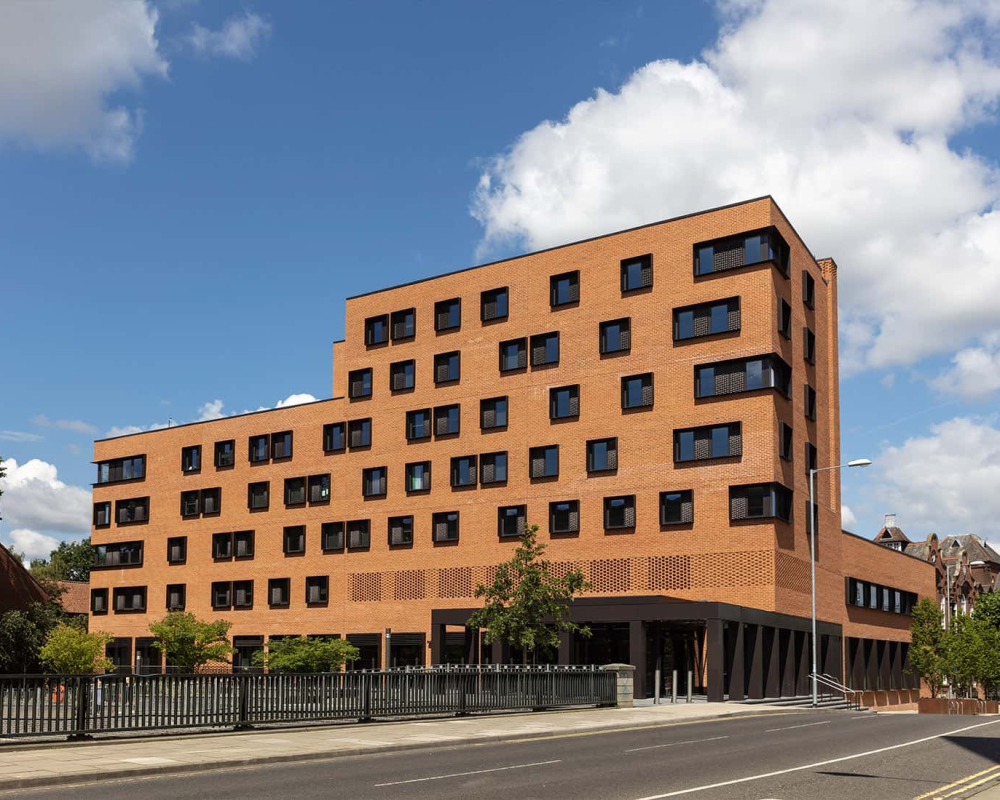
Applicant Days
Applicants days are your chance to dig deeper into your chosen course and get more of a feel for student life at Norwich. -
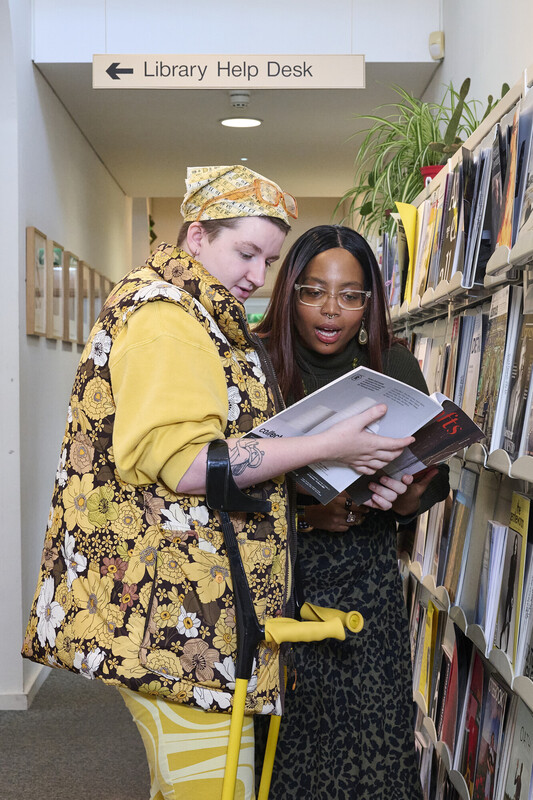
Course costs
If you are a full-time, UK/Republic of Ireland-fee paying student, we have created a comprehensive breakdown of all course-related costs to help you plan for your time at Norwich. -
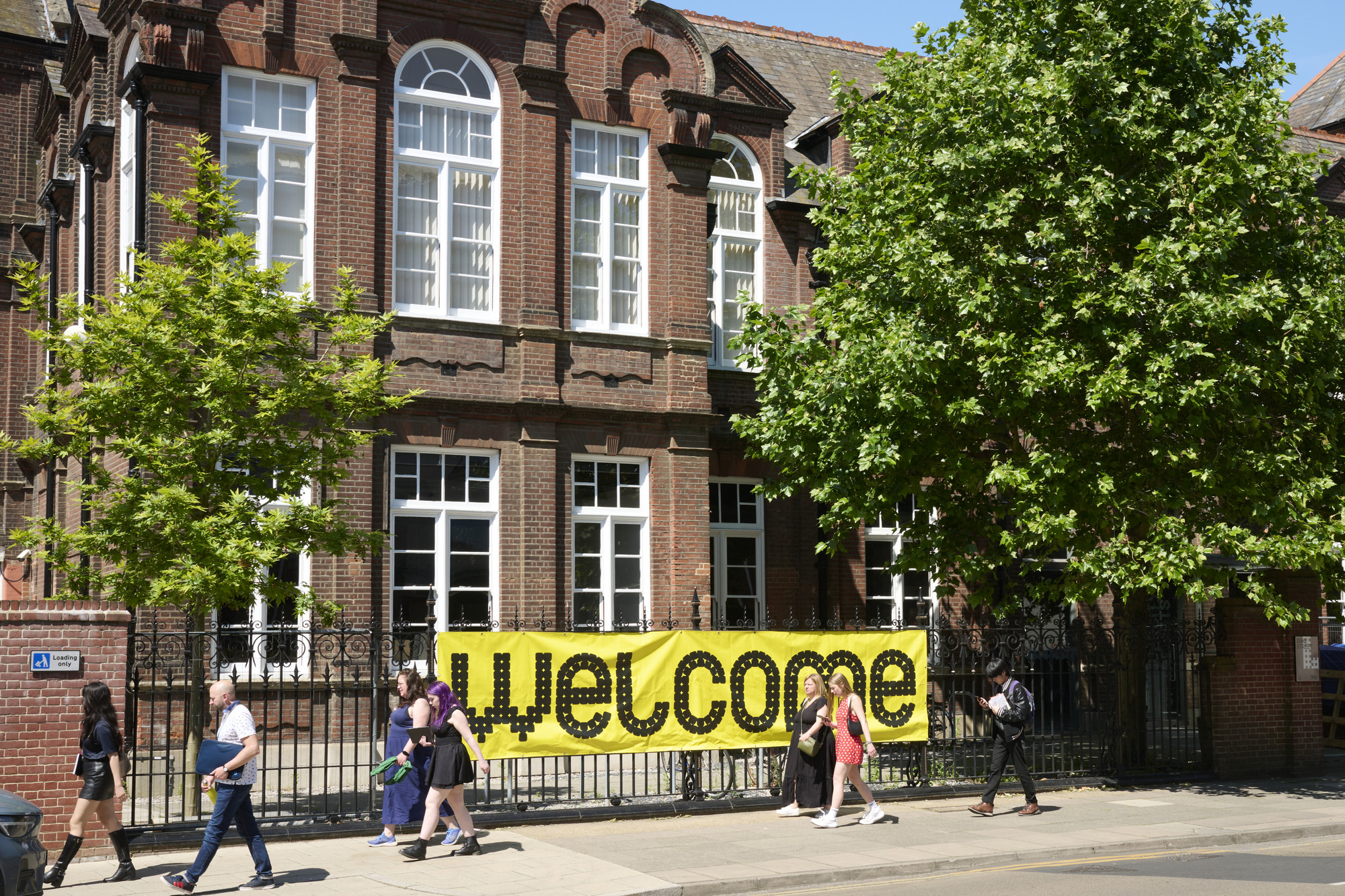
Open days and events
Norwich Open Days give you an opportunity to meet our current students and staff. You can find out about the courses we offer and discover if Norwich is a place where you would like to study. -
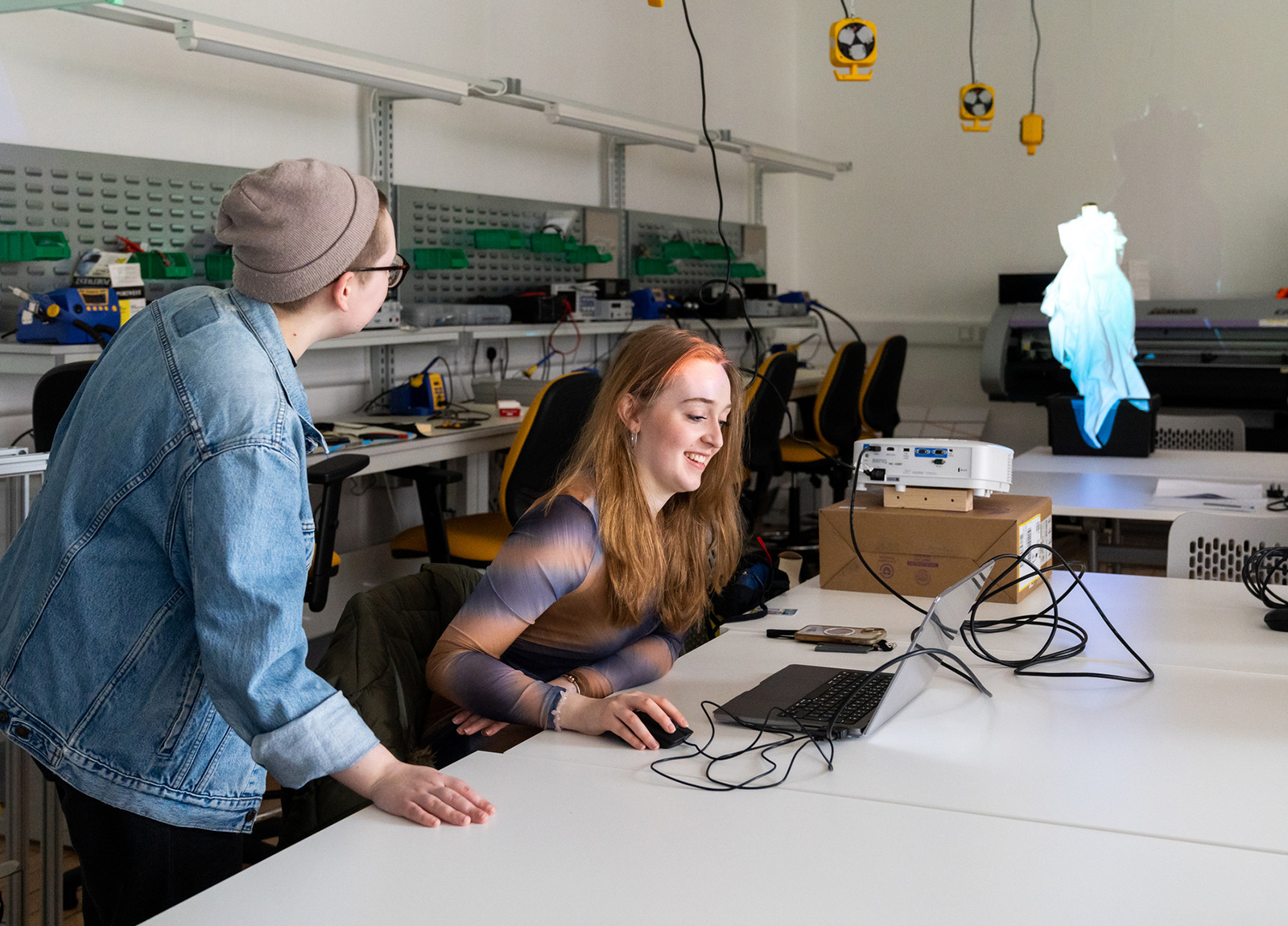
Postgraduate
Our master’s degrees and postgraduate courses allow you to spend time studying a subject in greater depth. -
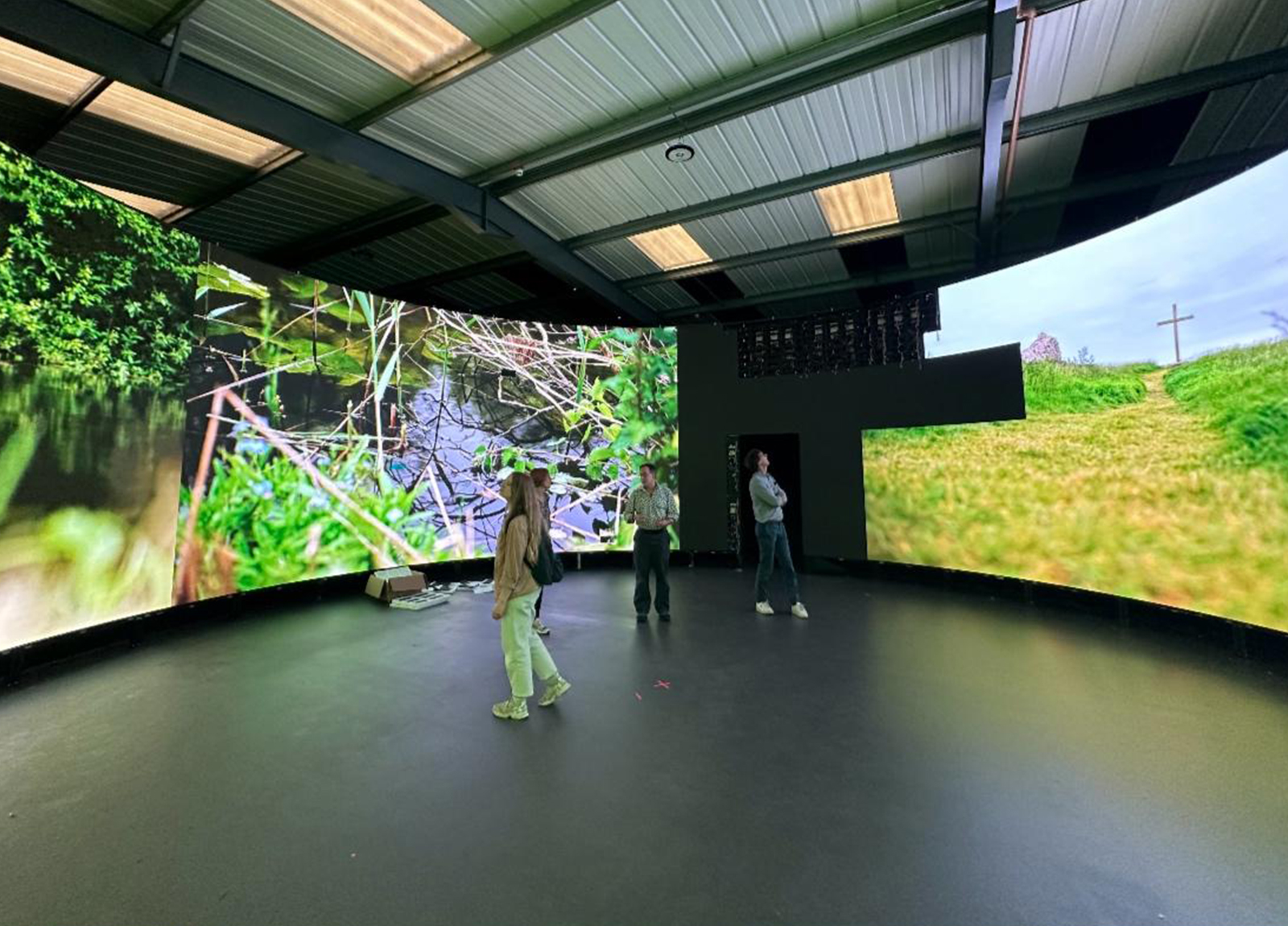
Undergraduate study
Find out everything you need to know about studying an undergraduate degree at Norwich University of the Arts -
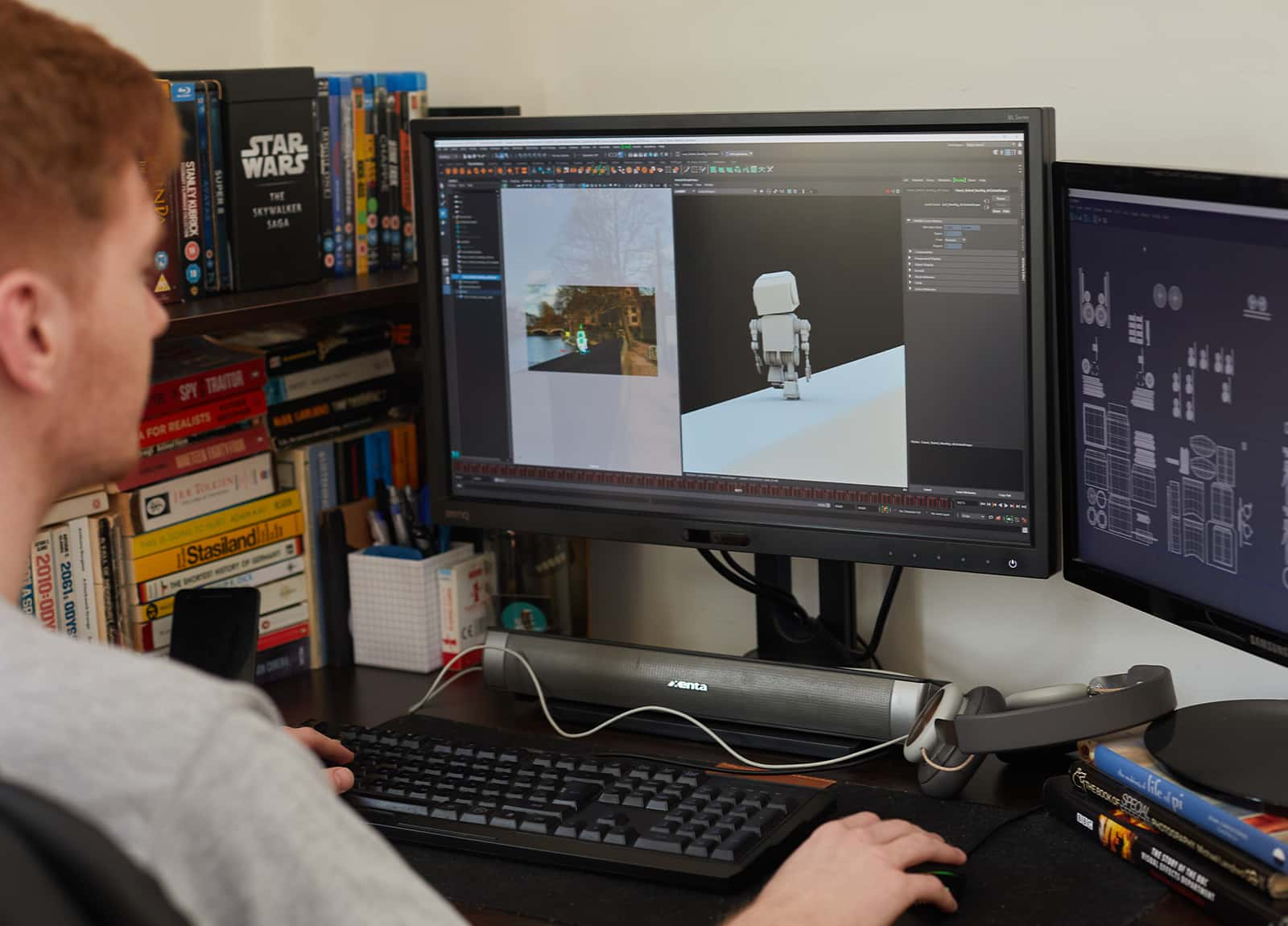
Short courses
Norwich University of the Arts’ short courses help to fill skill gaps in the creative and technological industries, providing you with the opportunity to develop the skills needed for the next step in your career. -
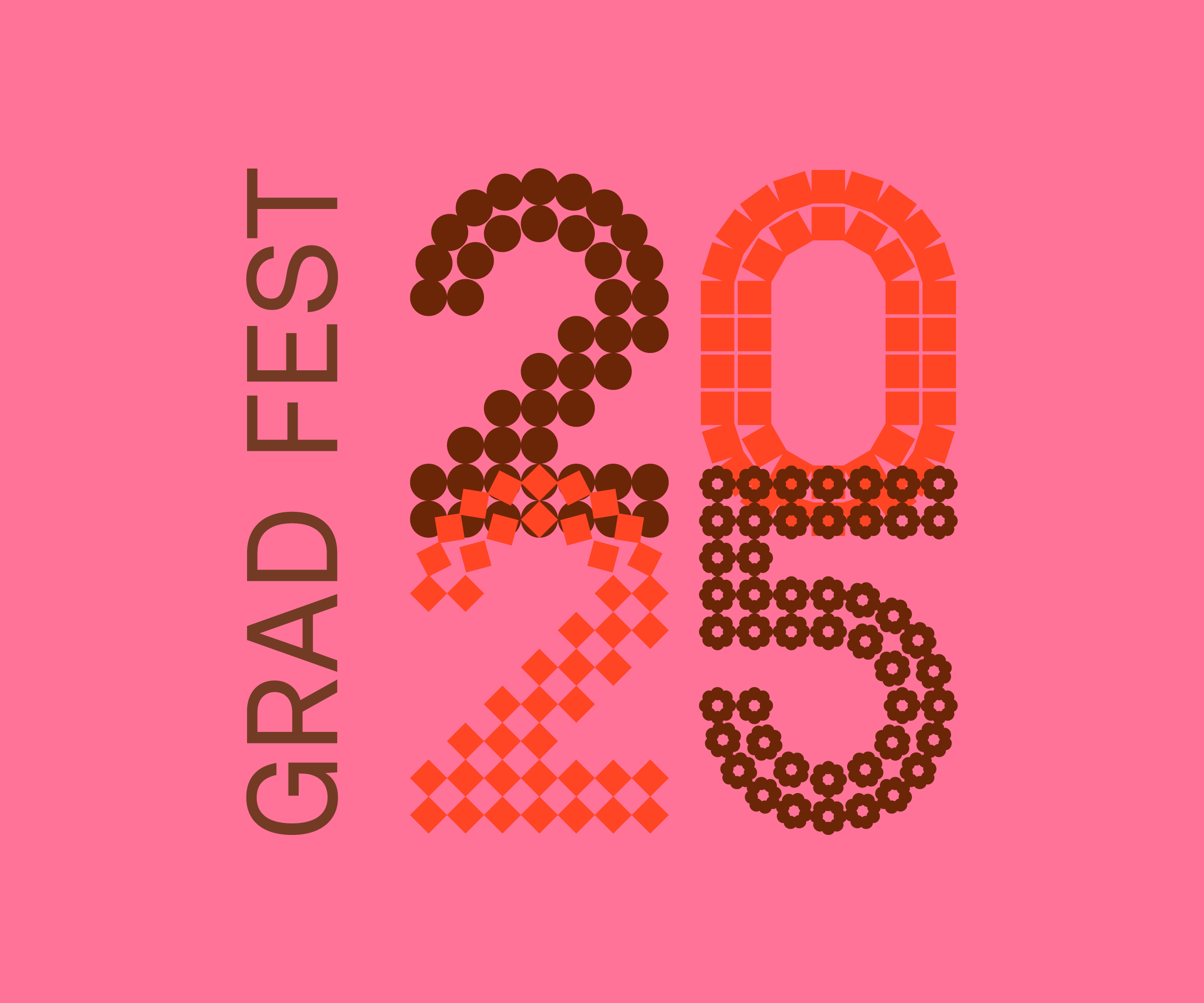
Grad Fest 2025
Explore the Norwich University of the Arts 2025 Grad Fest Showcase -
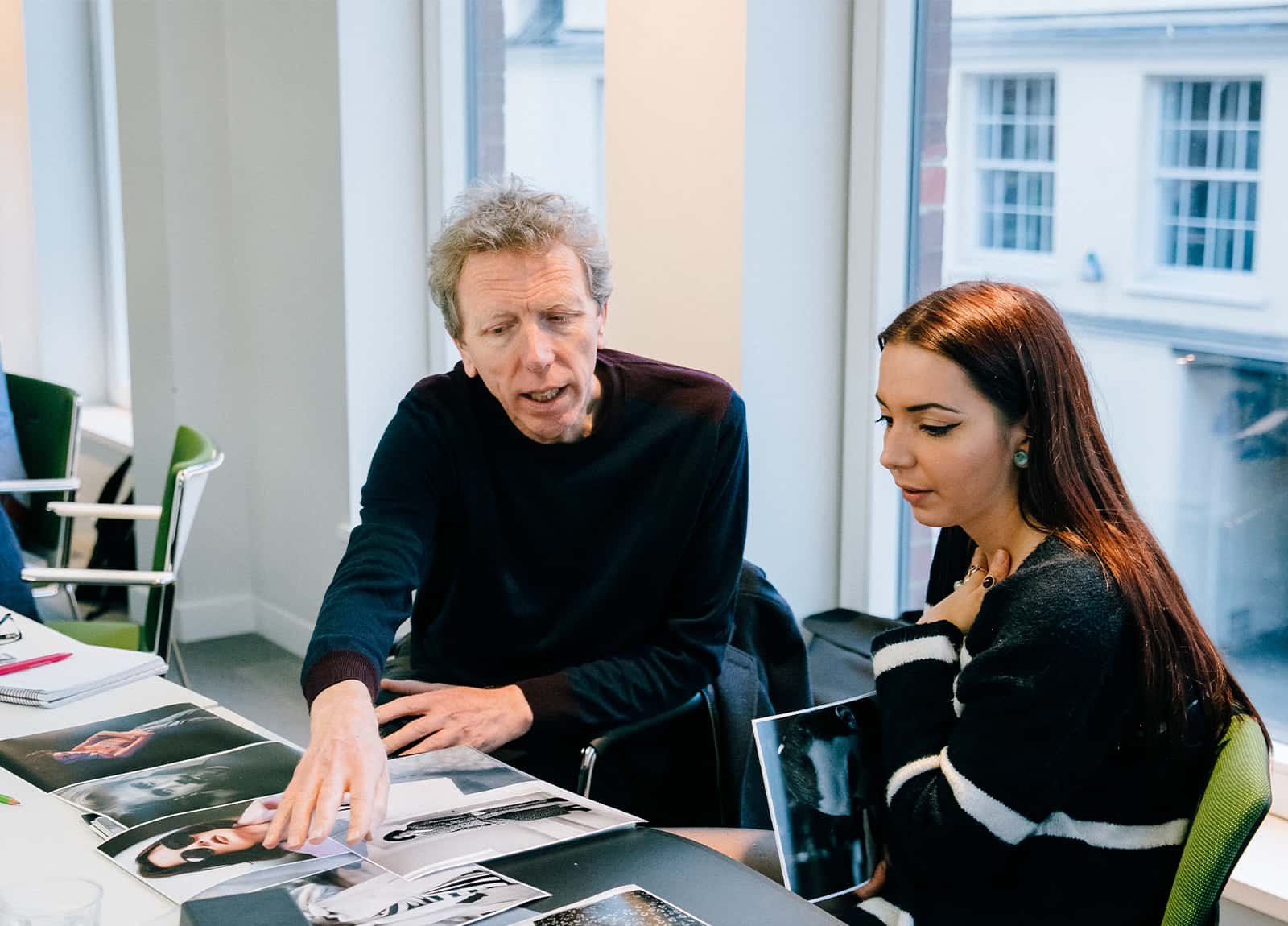
Level 5 Diplomas
Students have an opportunity to spend a year, between the second and third year of their course, enhancing their employability options through a Level 5 Diploma. -
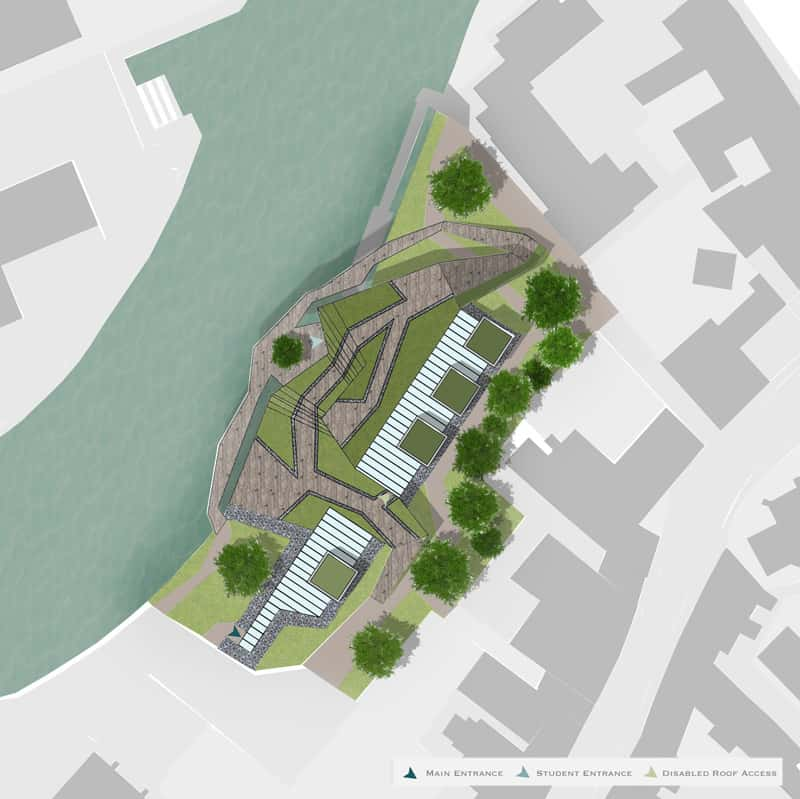
Professional Experience Development Record (PEDR)
The Professional Experience and Development Record (PEDR) is a standard form devised by the Royal Institute of British Architects (RIBA) for architectural students to record practical experience and professional development. -

Chat to a student
Got questions about studying with us? Chat to one of our current students to find out what it's like to be part of our welcoming and friendly community. -

Integrated Foundation (Year 0)
If you’re considering studying a new subject or want to develop your skills before diving into a three-year course, then an Integrated Foundation Year is the perfect start, offering an extra year to give you a head start for future success. -

Information for schools and colleges
Norwich University of the Arts works closely with teachers and advisers to champion and nurture creativity both within the UK and internationally -
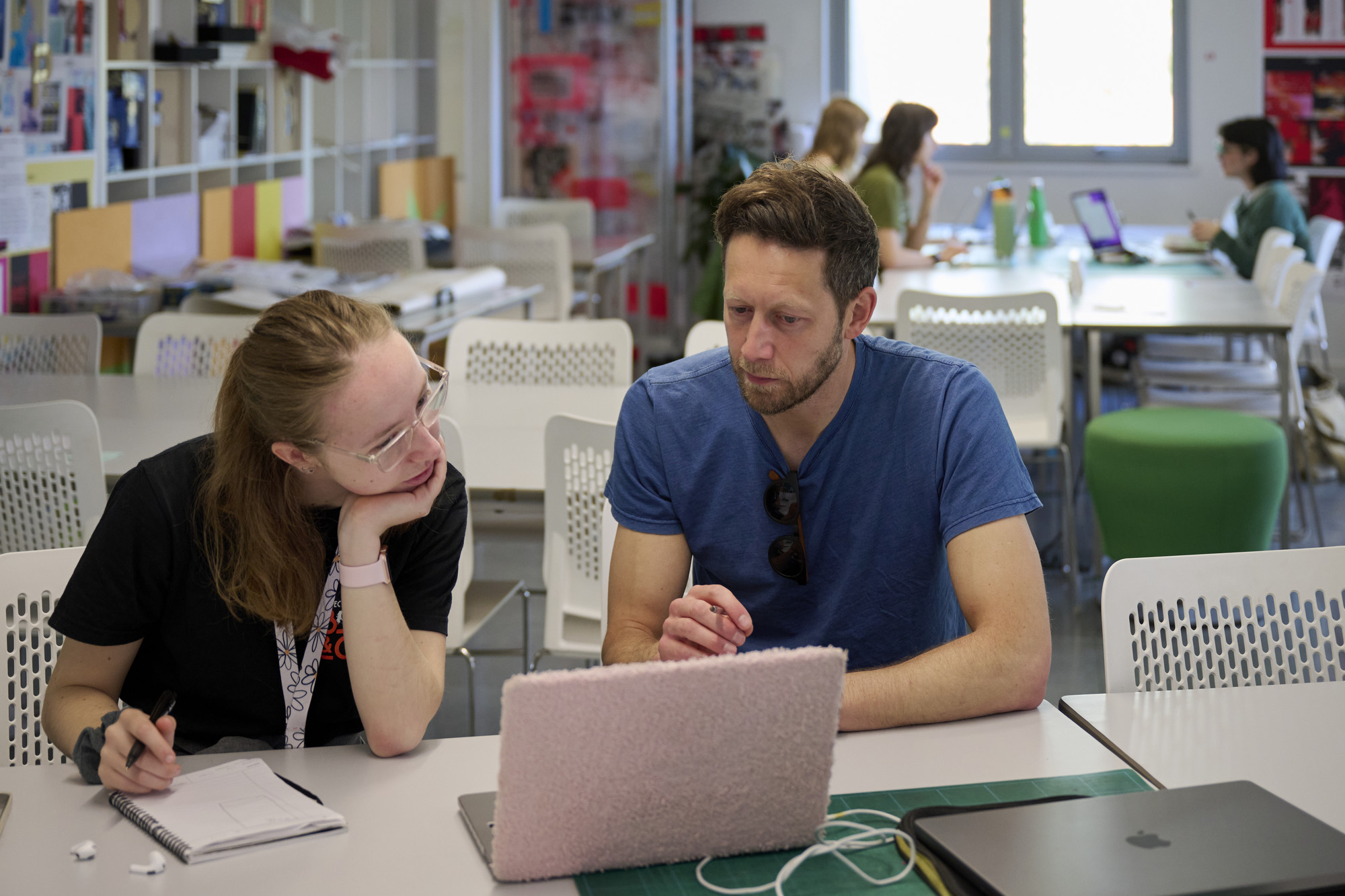
Learning and teaching
Learning and teaching at Norwich University of the Arts is a blend of on-campus practical sessions in our studios, workshops and labs, live-streamed digital sessions, and pre-recorded digital materials you can use on-demand -

Course Search
See our courses and discover why Norwich stands out. From top-rated teaching and world-class studios to a welcoming community and strong industry links.